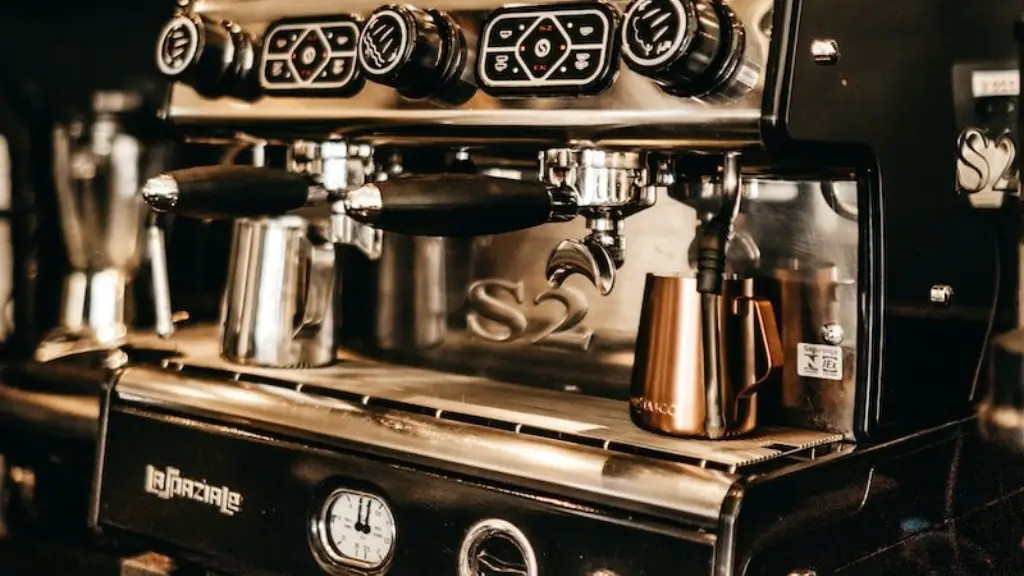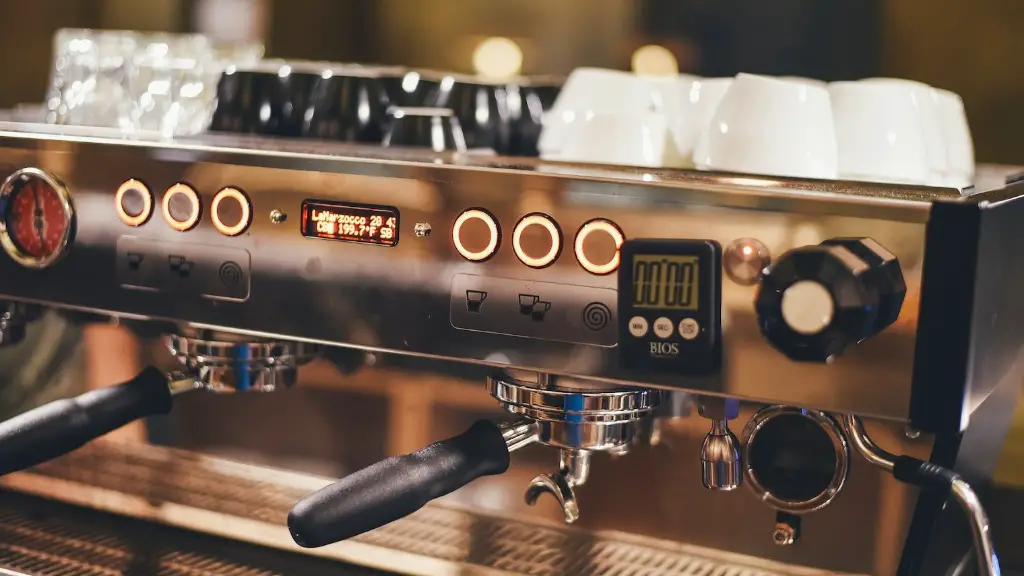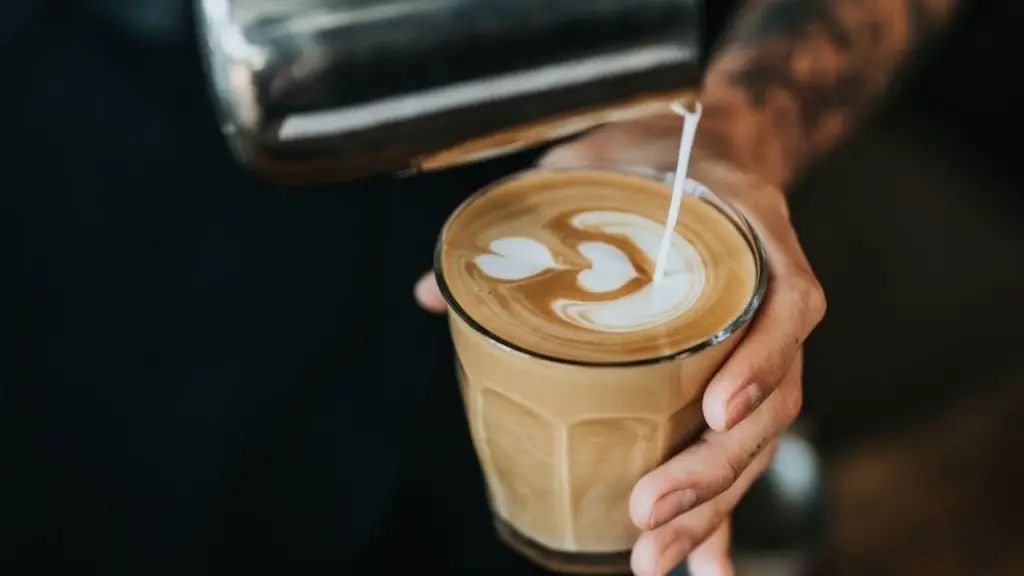Coffee is for some, a beloved regular morning beverage offered in numerous types of varieties, from expresso to cappuccino, from different regions throughout the world. Caffeine, its primary active ingredient, while naturally occurring in many plants, has been long used as an invigorating stimulant. But is coffee caffeine the same as energy drink caffeine?
Caffeine is well known as a stimulant and can be found naturally in coffee beans, tea leaves, and kola nuts, as well as myriad of other food sources. It is also added as an ingredient in many energy drinks in order to boost energy levels, improve alertness, and increase physical performance. But is it the same caffeine from coffee and from energy drinks?
According to the beverage industry, caffeine is “any substance that acts to stimulate the central nervous system, increasing alertness and attentiveness, suppressing appetite, and often providing a feeling of heightened energy”. The amount of caffeine that is found in most energy drinks is roughly one-third the average amount found in coffee.
Another way to look at this is that an 8-ounce serving of coffee typically contains approximately 95-200 milligrams (mg) of caffeine while an 8-ounce serving of an energy drink contains 35-70 mg of caffeine.
When considering whether the caffeine from coffee and from energy drinks is the same, it is important to know that coffee and energy drinks are metabolized differently. Caffeine from coffee passes through the body more quickly than caffeine from energy drinks, which means energy drinks generally keep the body energized for longer periods of time.
In addition, most energy drinks contain added sugar, flavorings, and other stimulants such as guarana, taurine, and ginseng, which can interact with the caffeine to amplify its effects and make energy drinks more potent.
Caffeine Levels
While the amount of caffeine varies among brands and types of energy drinks and coffee, it is a fact they both contain the stimulant caffeine. We do know that the average cup of brewed coffee contains 95–200 mg of caffeine while an 8-ounce (240 ml) energy drink contains between 35–70 mg.
It is not only the amount of caffeine in a cup of coffee and an energy drink but also the rate of absorption by the body that also matters. Research has shown that caffeine from energy drinks is absorbed more slowly by the body than that from coffee. Caffeine from energy drinks can stay in the body for up to four hours after ingestion, while caffeine from coffee has a peak intensity of about 15 to 45 minutes.
To add to the discussion of the differences between an energy drink and coffee, an energy drink also contains processed sugar, artificial colors and flavors, and other additives such as taurine and guarana. As mentioned earlier, these additives interact with the caffeine, further amplifying its effects to enhance physical performance.
Benefits of Coffee
Studies consistently show that coffee drinkers have lower rates of many diseases. For example, drinking coffee is associated with a decreased risk of stroke, Type 2 diabetes, Alzheimer’s disease, and certain types of cancer. Coffee is also associated with lower rates of depression, Parkinson’s disease, and other mood disorders.
Coffee is also a good source of antioxidants, substances that protect against oxidative damage in the body (the process that is thought to be the main cause of aging). Studies also show that regular coffee consumption may protect against obesity, heart disease, and liver disease.
Coffee also contains several other compounds that may have beneficial effects on your health. For instance, it is a source of chlorogenic acid, quinides, melanoidin, and quercetin, which have all been linked to improved health and potential disease prevention.
Benefits of Energy Drinks
Energy drinks, like coffee, can provide a boost in energy, especially on a tired day when you need a little extra wakefulness. Energy drinks also provide a large dose of caffeine, which can help to increase alertness, focus, and concentration.
An energy drink usually contains some combination of B vitamins, taurine, guarana, ginseng and other stimulants which act to improve physical performance and mental acuity. It is no wonder that energy drinks are the go-to of choice for many athletes and fitness enthusiasts.
For those looking for an increase in physical energy and boost of mental clarity, energy drinks can provide the desired results. Some athletes rely on them to prevent fatigue, improve focus and drive, and increase alertness before, during, and/or after exercise.
Side Effects of Energy Drinks
Energy drinks are often treated as harmless beverages because they are widely available and are promoted as a way to increase energy and alertness. However, it is important to note that energy drinks have a variety of potential negative side effects.
Energy drinks contain large amounts of sugar, which can lead to weight gain and even obesity. The high levels of caffeine may also cause increased blood pressure, heart palpitations, headaches, anxiety, and insomnia. In addition, energy drinks can cause dehydration, dizziness, and fatigue.
It is recommended to limit the consumption of energy drinks, as they are often high in sugar and other unnecessary additives. If consumed in moderation, energy drinks can provide an energy boost and improved focus.
Alternatives
For those seeking a healthy alternative to energy drinks, coffee can be an ideal choice. Coffee can have similar energizing and stimulating effects but contains significantly less sugar and fewer artificial ingredients. Additionally, coffee can provide a variety of health benefits when consumed in moderation.
The consumption of green tea is also a good alternative to energy drinks. While green tea is caffeinated, it contains smaller amounts of caffeine than energy drinks and coffee. Furthermore, green tea contains several antioxidants that can help to protect against oxidative damage and inflammation.
In conclusion, whether you are looking for an energy boost or a healthier alternative, it is important to understand the differences between coffee and energy drinks, the benefits and side effects of both, and explore alternatives.





